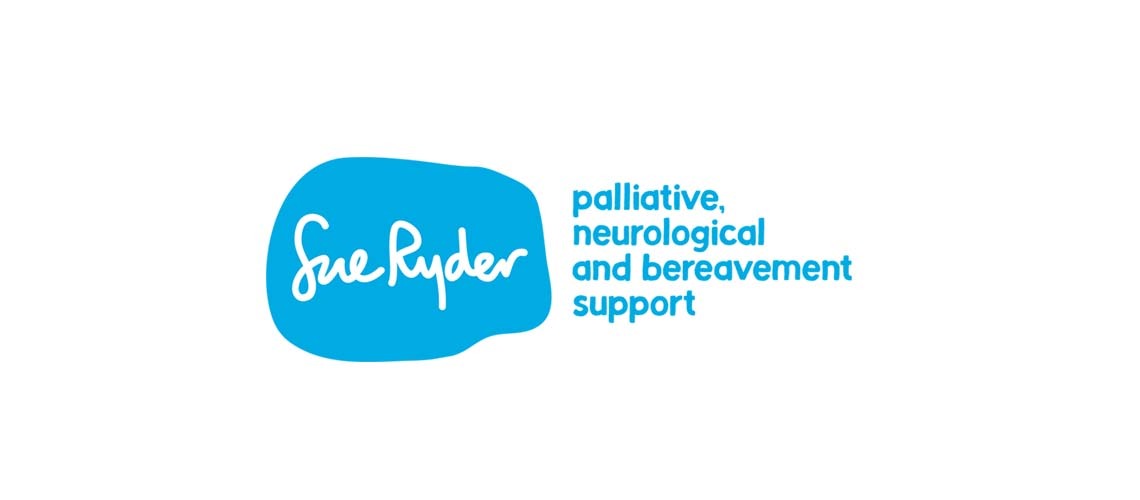
About Sue Ryder
Sue Ryder supports people through the most difficult times of their lives. For over 65 years their doctors, nurses and carers have given people the compassion and expert care they need to help them live the best life they possibly can.
Sue Ryder takes the time to understand what’s important to people and give them choice and control over their care. This might be providing care for someone at the end of their life, in our hospices or at home, or helping someone manage their grief when they’ve lost a loved one, or providing specialist care, rehabilitation or support to someone with a neurological condition.
Sue Ryder wants to provide more care for more people when it really matters. They see a future where their palliative and neurological care reaches more communities; where they can help more people begin to cope with bereavement; and where everyone can access the quality of care they deserve.
The challenge
During the first three months of the Covid-19 pandemic Sue Ryder recognised their people were facing mental and physical health issues which had different presentations depending on whether people were working or on furlough.
Our approach
Giving back is one of Illuminate’s core values. Undertaking pro-bono work is part of a commitment to ourselves and to our stakeholders. The non-profit sector is an area that interests and excites us – both professionally and personally. We’ve all volunteered for charities. We recognise we are in a crisis. The essence of Illuminate’s practice is ‘Shaping Progressive Workplaces’. Illuminate has extensive experience helping organisations design and navigate complex change and the team are familiar with a wide range of tools and techniques associated with wellbeing.
What we did
We held discovery calls with the client, engaging both the Head of Learning & Organisational Development it was agreed to support the client’s immediate needs around wellbeing and resilience. As coaches and wellbeing specialists we determined the immediate needs would be best met by offering 1:1 coaching, where we could explore how people were coping, support them enhance their wellbeing using a variety of techniques as well as provide space to talk.
The wellbeing coaching programme was delivered in stages starting with the senior leadership team. We were then engaged to provide additional support to the first group as well as work with the leaders within another directorate. The programme was extended to include online workshops focussing on ‘Stress Awareness’, and ‘Wellbeing for Line Managers’ to help support their wellbeing and that of their teams.
Post programme evaluation
Individuals completed a pre- and post-programme Wellbeing and Resilience questionnaire. In the post programme questionnaire, we asked the individuals what had changed as a result of the coaching. The results fell into four main themes highlighted below with examples of participant comments:
More time to think and reflect
‘I’ve found the coaching programme has helped to reframe challenging situations and feel more confident tackling them. It has helped me to re-establish helpful ways of thinking which I had lost sight of through the challenges of lockdown and permanent remote working.’
Increased awareness of my own wellbeing and self-care
‘The sessions increased my awareness of my own wellbeing and the importance of it and that I am responsible for it and only I can control it.’
Greater emotional awareness
‘Time to better understand how changes actually make me feel, take time to recognise those feelings and adapt in the appropriate way. It’s easy to move quickly through changes, and not actually acknowledge how you’re feeling, and how you’re reacting …. ‘
Improved communication
‘I have used some of the techniques we discussed in my approach to conversations with my team e.g., deep listening/time to think, to encourage a thinking environment in meetings.’
A ‘Key Themes’ report was delivered to the client including both quantitative and qualitative data. This included:
- Insights into dealing with blurred boundaries of work and personal life within the context of the current Covid-19 world.
- Creating time to stop, think and reflect. Coaching enabled individuals to notice their self-care and develop healthy coping strategies.
- How to understand different emotional states and build emotional awareness, in particular maintaining relationships at work.
- The importance of psychological safety and building a trusted team relationship to be able to share and speak up. We recognise this as a key part of any high performing organisation and perhaps even more important in these turbulent times.
“We are hugely grateful to Illuminate for their support during the coronavirus pandemic. The experience and expertise they bring around wellbeing has been incredibly valuable to our staff here at Sue Ryder. We look forward to working with them again in the future.”
Kate Horne, Head of Learning and Organisational Development


